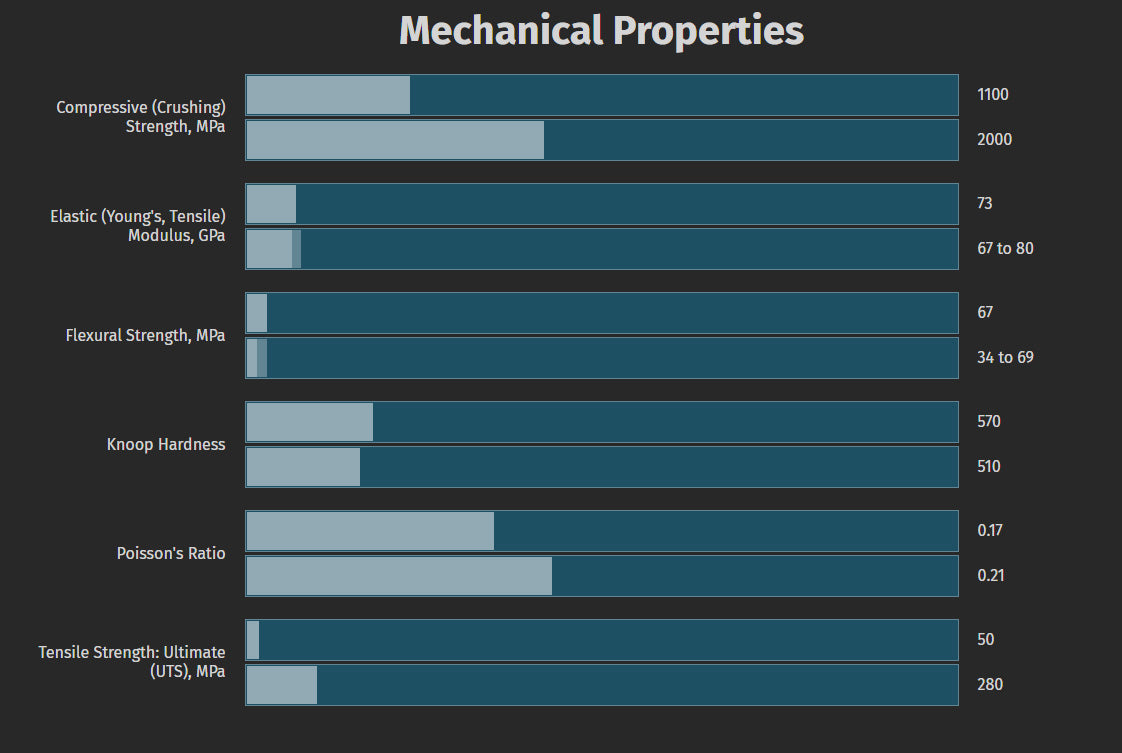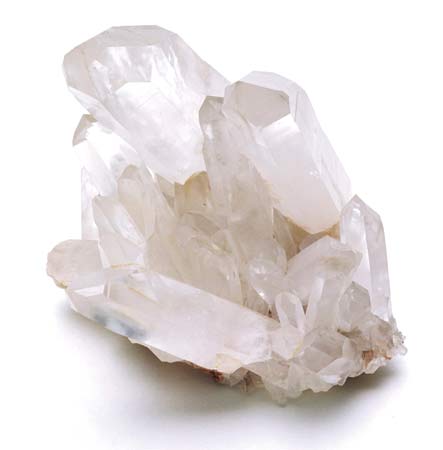
6 Ways To Avoid an Accident with Quartz
If there's one thing that life has taught me, it's that accidents happen. Doing customer service here has familiarized us with many of the most commonly made mistakes while handling quartz. As the old proverb states, an ounce of prevention is worth a pound of cure. So take these 6 steps as an ounce of prevention to greatly reduce the chances of an accident happening to you.
- Do not exert excessive pressure on the bucket. This includes pushing aggressively with dabbers, cotton swabs, or trying to forcefully remove a stuck joint.
- Don't cotton swab cold oil. Cold oil is more viscous and sticky. It has the potential to stick to your cotton swab and could pull the nail from the piece. Cotton swabbing warm oil is not only more absorptive and efficient for cleaning but less likely to result in an accident.
- Don't forcefully remove any stuck joint when cold, and especially do not use the bucket for leverage in twisting or turning. This leveraged force applied against the glass is dangerous. This could result in not only breakage but personal injury. It is best to warm any stuck joint before removal and the safest method of warming any stuck joint is running warm water.
- If your nail is 45°/55° then it might be wise to make sure the nail is held securely in position while cleaning to prevent slipping.
- If possible, avoid use over hard surfaces (tile, granite, quartz counter tops etc.) to help prevent breaks in the event of an accident. Investing in dab mats for your counters, or area rugs for your floor could help prevent future accidents.
- Keeping the nail clean in between each use will help prevent long term devitrification. Devitrification leads to a reduction in the materials thermal and mechanical properties and make it more likely to fail over time.
Read more about quartz thermal and mechanical properties here.
Read more about quartz maintenance here.
Task


